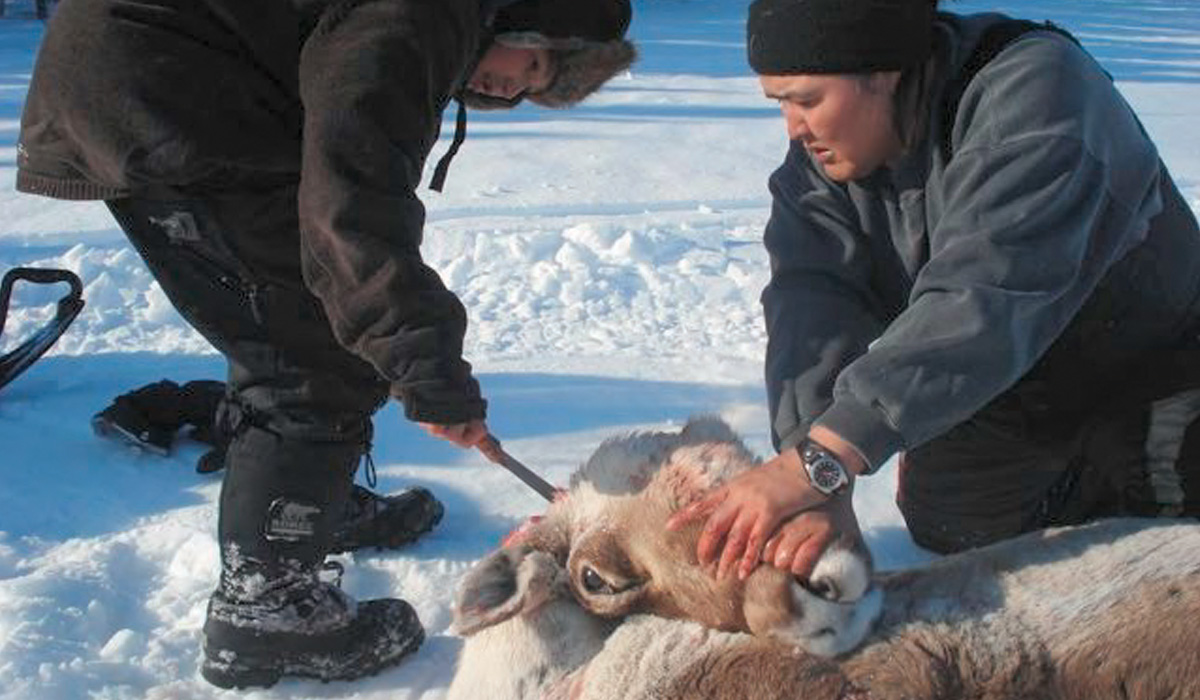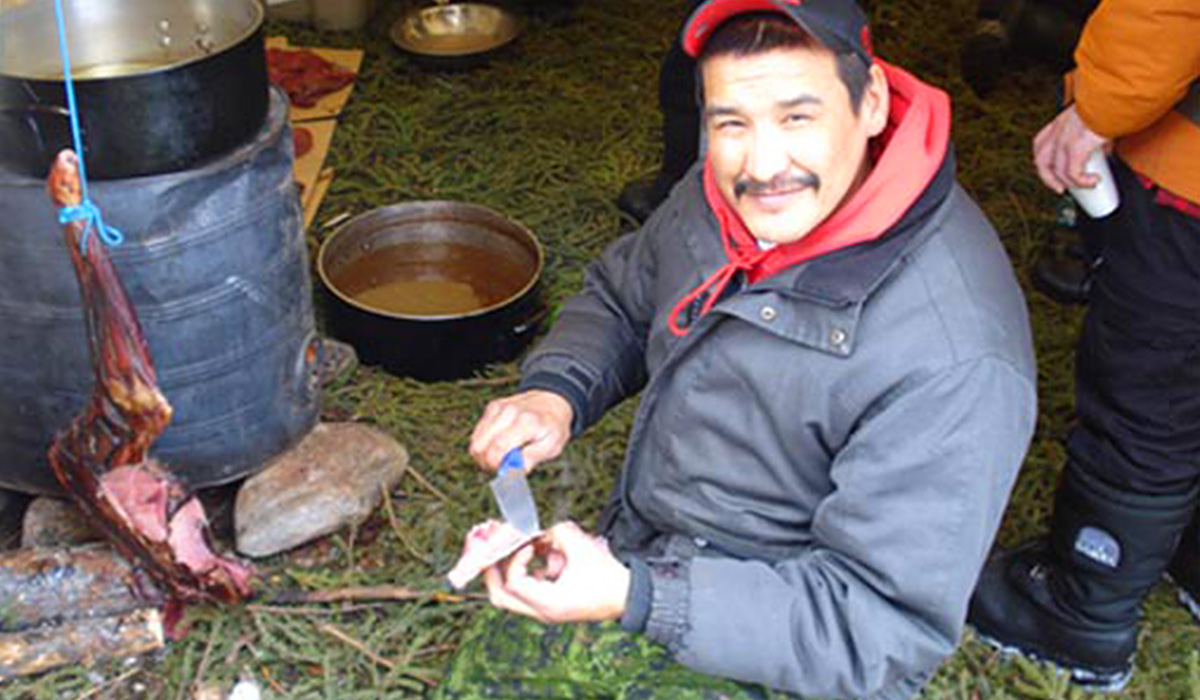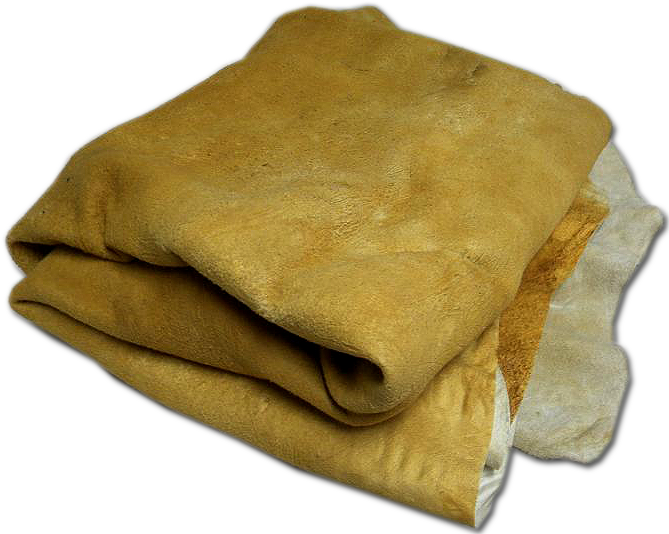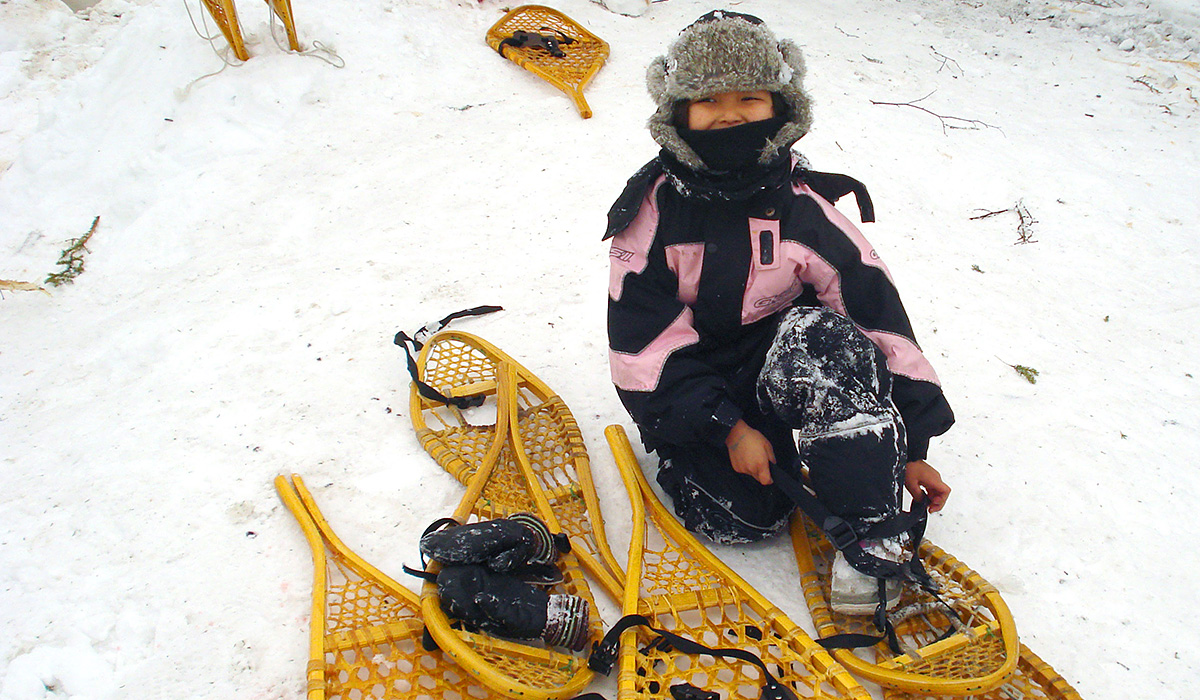Value of Caribou
Spiritually, Culturally and Economically Significant
Caribou have both a spiritual and an economic significance—particularly to the inhabitants of northern Canada. Approximately 21,000 people live on or near the range of the Beverly and Qamanirjuaq herds and the majority of them are of Indigenous ancestry. Using caribou fulfills economic, social and cultural needs.


Nutritious Lean Food Source
Lean caribou meat is often more nutritious than imported foods. In northern communities, fresh meat and produce are limited, and costs are high.
Benefits for Clothing, Bedding and Crafts
Additional benefits from caribou are derived from the use of skins for clothing and bedding, and bones and antlers for handicrafts.


Important for Tradition and Education
As well, encouraging young people to hunt responsibly ties them to the traditions of their past. This strengthens and enriches life in native communities. Retracing the footsteps of their elders will help anchor young people, who are barraged by a constantly changing world.
Economic Value
A 2008 socio-economic evaluation of the Beverly and Qamanirjuaq herds by InterGroup Consultants (revised in 2013) that was commissioned by the BQCMB put the total annual net value of the caribou harvest from both herds at more than $20 million, based on the estimated harvest for 2005-2006.


Balance in the Environment and Ecosystem
As a food source for various predators, caribou provide a balance for northern ecosystems. Caribou also provide an occasional source of food for grizzly bears, wolverine and lynx.